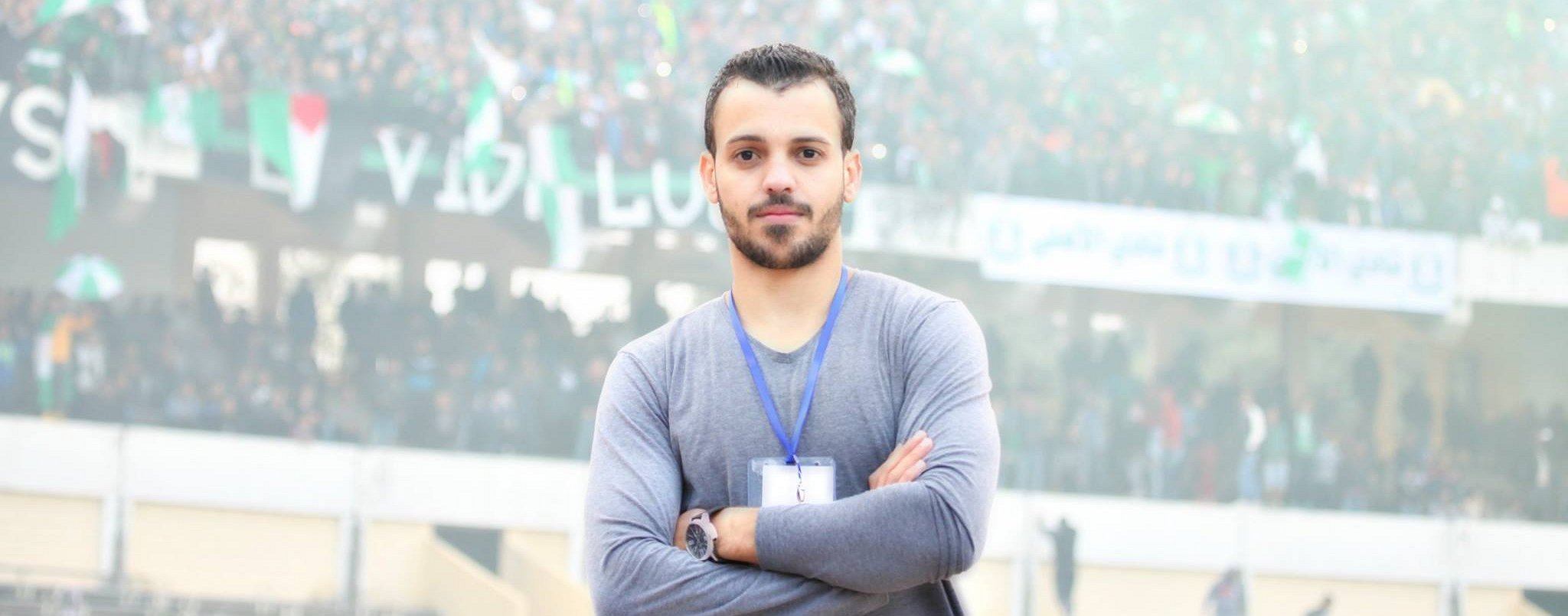Abu Bakr Bizanti is a Libyan journalist. He was abducted by an unidentified group of armed men in August 2016, and tortured him for 48 hours. He was then released and dumped on the road to the airport. Abu Bakr has now moved to Tunis and plans to claim asylum in Europe.
I used to write a lot about the deteriorating security situation in Tripoli: the spread of armed militias, lack of safety, extortion of money from people, kidnappings. But the men who kidnapped me told me they did so because of my articles on Facebook, where I talked about Libyan Jews who were forced to leave Libya in the 1960s. I’ve written a lot about this, and I was advocating for their right to return to Libya.
I was criticised and attacked a lot at the time. I’d get nasty anonymous messages threatening me to stop. If I was sitting in a café with friends, people I didn’t know too well would start attacking me too. But I never imagined that I would be kidnapped because of my articles.
On that day in August, I was on a field trip with my cameraman and driver, scouting young people for their opinion about their role in modern-day Libya. We stopped in a crowded spot and, suddenly, we were cornered by a car with tinted window and no registration plates. Three of four armed gunmen with baklavas pointed their guns at the driver and asked for me by name, so I came forward and they took me immediately.
It was a crowded market so many people saw what happened. They immediately took my mobile so I couldn’t contact anyone to let them know I was being kidnapped.
For 48 hours, I was held in an unknown location and, to this day, no one has claimed responsibility. I only ever saw the men who took me away and they kept their faces covered throughout that period. I was beaten and tortured. I was threatened with death and I was told it was specifically because of what I was writing about the Jews.
Then they dropped me off and told me that if I write about this topic again, I would be beheaded.
If journalists still want to do their jobs (in dangerous areas), then they should not publish with their real identities. It’s better to use pseudonyms or hide their photos.
I have since left Libya and now I live in Tunis. In October 2016, I received another anonymous message telling me that they know my whereabouts in Tunis, and that I would either be tracked down and killed here, or killed if I ever returned to Libya.
I have stopped writing since, and the only work I get now is helping fellow journalists here with contacts and names in Libya.
I’m thinking of leaving to Europe, I have one friend in Belgium so maybe I will go live with him for a while. But my family is still in Libya.
I have received help from Reporters Without Borders, Caritas and the Euro Mediterranean Network for Human Rights. They all really helped me a lot.
I don’t know if there was anything in specific I could have done that day to prevent this from happening, and I have never received any training on online security so I didn’t know how to protect my communications.
Although it was clear that they had been tracking our car, they didn’t know or recognise me by face, so maybe our driver should have been more careful. Maybe he should have noticed that we were being tracked.
Although what I’m about to say contradicts what a journalist should be doing, but my honest advice to journalists in Libya is to avoid writing anything that could upset or offend any tribal or political parties in the country. The security situation in Libya has become so bad and many journalists have been kidnapped, especially in 2015-2016.
If journalists still want to do their jobs, then they should not publish with their real identities. It’s better to use pseudonyms or hide their photos.
In spite all of that, I have absolutely no regrets about what I did.
